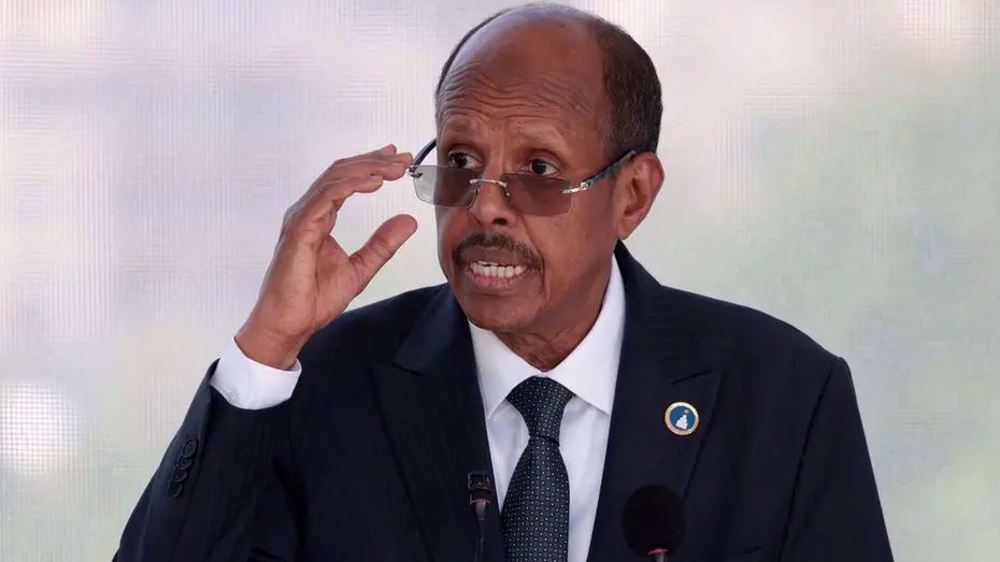General strike called by opposition affects DR Congo’s main cities
A general strike called by the opposition to force Congolese President Joseph Kabila to share power has slowed business activities in the country's four biggest cities.
"We've followed the call ... because we are suffering greatly. Let him (Kabila) quit power, he has finished his mandate, we want no more of him," Mamie Biamba, a resident of the capital Kinshasa, told AFP on Monday.
The central square -- Place Victoria -- in the usually teeming city of more than 10 million people was almost empty in early morning, with police posted on key arteries.
The strike also hit the Democratic Republic of Congo's second city, Lubumbashi, as well as eastern Goma and the central cities of Mbuji-Mayi and Kananga. But it was business as usual in Kisangani in the northeast and Mbandaka in the northwest.
An umbrella alliance of parties, known as the Rassemblement (Rally), had urged people to stop work in protest at Kabila's failure to implement a power-sharing deal signed on December 31 and to appoint a prime minister from the opposition.
The president's constitutional mandate expired last year at the end of his second five-year term.
His unwillingness to enable elections and step down led to protests in September that left some 50 people dead.
At 8:00 am (0700 GMT), shops and service stations remained closed in Kinshasa and public transport was scarce, with people walking from their homes in eastern working-class districts to their workplaces in the city center.

The situation was similar in distant Lubumbashi, according to witnesses in the country's mining capital, about 1,570 kilometers southeast of Kinshasa.
"One shop in five is open," a resident told AFP, while a bank manager stated that work had slowed down and several of his staff had failed to show up.
"I was almost alone on the roads and I charged high fares," taxi driver Nyembo Muyumba said in Lubumbashi.
But some people voiced indifference to the strike call, which followed pressure on Kabila by the United Nations, the African Union and the European Union to abide by the December deal.
"We're not concerned by appeals from politicians. Our problem is to find something to feed our children, send them to school," said Albertine Bulanga, who sells maize in a Kingasani market.
"Life has become unbearable for the little people like us while they (the politicians) have cushy lives.”
(Source: AFP)
Six top Trump administration officials appear in Epstein files
VIDEO | Press TV's news headlines
Gaza Nasser Hospital slams MSF’s ‘unsubstantiated’ claims as medical work suspended
Jordan condemns Israeli incursions at Al-Aqsa Mosque as 'flagrant violation'
Ex-Ukrainian energy minister arrested amid corruption probe while trying to flee
VIDEO | Israel using militias to deepen chaos in Gaza
Putin’s aide praises Iran’s ‘competitive’ technological achievements
VIDEO | Brussels exhibition exposes Western-backed genocide in Gaza














 This makes it easy to access the Press TV website
This makes it easy to access the Press TV website